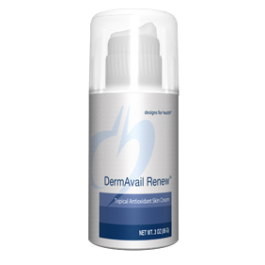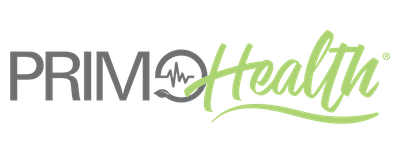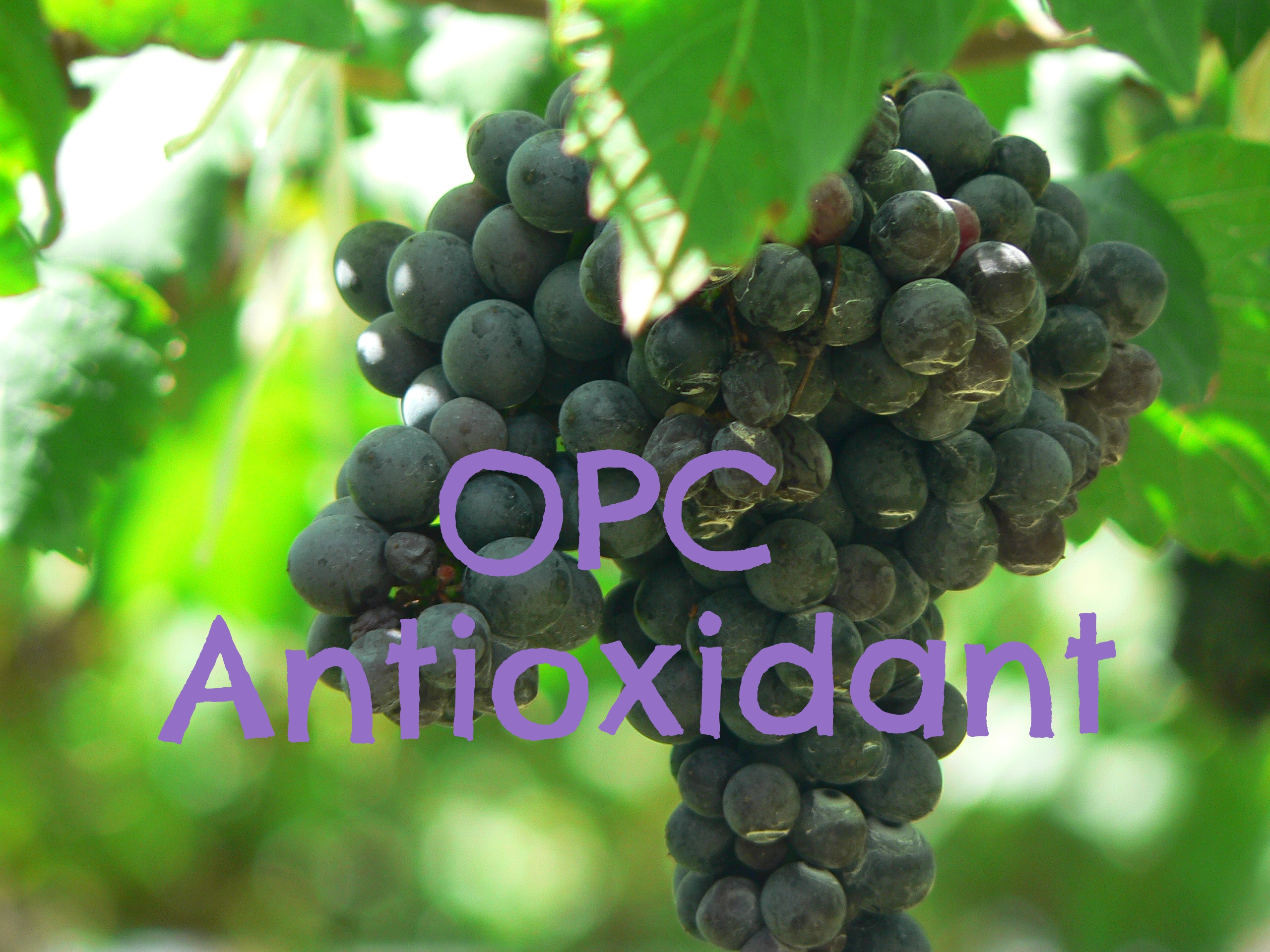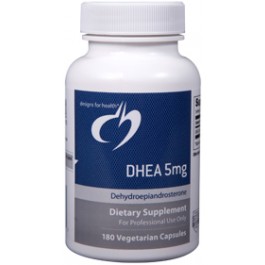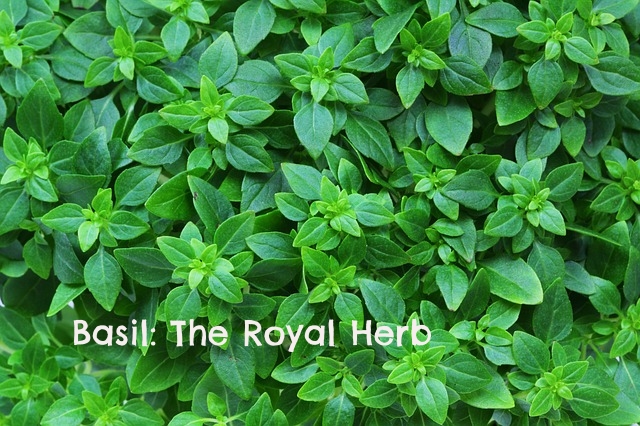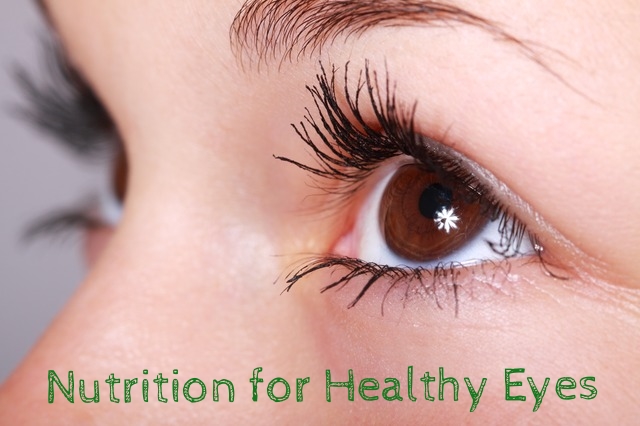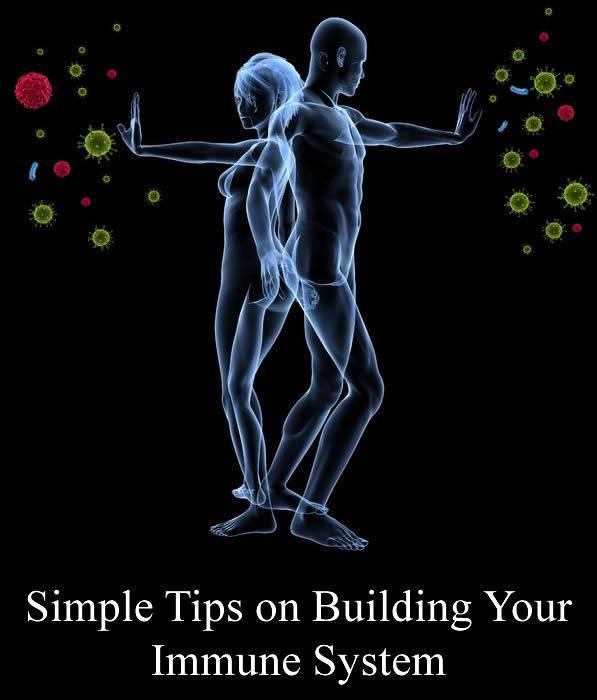Building Immunity & Promoting Wellness With Botanicals & Antioxidants
By Gene Bruno, MS, MHS – Dean of Academics, Huntington College of Health Sciences
The components of the body's immune system provide protection against the ravages of undesired invaders like free radicals, bacteria and viruses or defective cells such as those found in cancer. These dangerous entities are detected, located and destroyed by a competent immune system.1 2 A weak or sub- functioning immune system, however, cannot effectively fight off these undesired invaders. The result is more frequent illnesses such as colds or flu. Severe and debilitating disease states can also develop.
Immune system sub-function often results from a combination of poor nutrition, chronic stress and various environmental pollutants. Of these three factors, poor nutrition is probably the most significant. The broad reaching ramifications of poor nutrition were discussed in a report by former Surgeon General, C. Everett Koop. The report was prompted by increasing evidence that many of the leading causes of death in the United States, as well as much of this country's burden of chronic disease, are linked at least in part to dietary excesses and imbalances.
